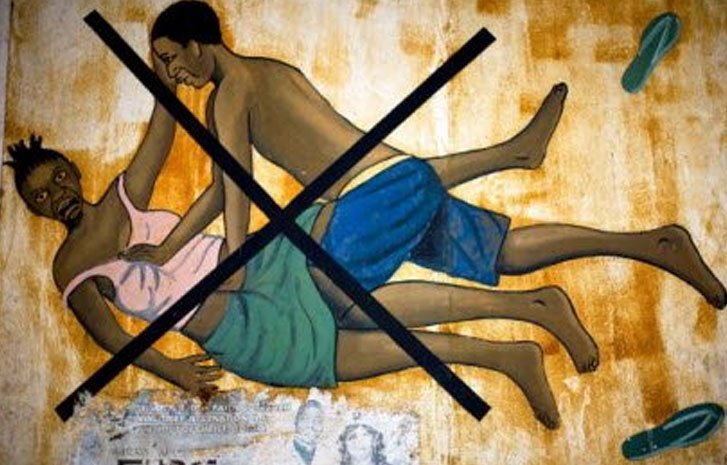Dr. Maji Peterx, a mental health expert, has identified three strategies for preventing rape and sexual gender-based violence (SGBV) in children: communication, building self-esteem, and teaching coping mechanisms.
This was announced by Peterx, who is also the Country Director for Equal Access International, at a three-day workshop in Abuja for Palladium’s Strengthening Civic Advocacy and Local Engagement (SCALE) project, which is funded by USAID.
He claims that child forced marriage (CEFM) and sexual gender-based violence (SGBV) are widespread problems that have a harmful influence on people’s mental health and social structures.
In order to prevent abuse, he recommended parents, guardians, and other stakeholders set up a forum for beneficial discussion, keep an eye out for any signs of it, and teach them how to survive on the streets.
“We should build our children’s self-esteem. We should win the confidence of our children. We should create a platform for sincere communication with our children so that they can tell us what their problem is.
“We should stop judging them and we should not create our own standards for our children to live up to because we live in different worlds.
“ And most importantly, we should be able to teach our children street sense life skills and survival skills,’’ he said.
According to him, children or other survivors of SGBV find it difficult to confide in another person because of stigmatization, blame attitude, and shutting them down, when they try to communicate on their plights.
“Like when a child refuses to go to school or a drop in their academic performance, or preference for isolation. Parents should try to find out the reasons and not a term that person lazy or unserious.
“When we do that, we are exposing the child and he realizes that he can’t speak to us about his personal issues.
“And there are times when a child is being victimized or raped, or a child is being abused or molested, and the questions we asked to show as if we are trying to blame them for causing it.
“These tend to shut down the victims, and shutting them off from making conversations about what is affecting them, thereby making them more vulnerable to such abuses,’’ he said.
On reducing rape and other SGBV, Maji said shaming the perpetrator by making them walk around their communities, where people identified and fingers pointed at them, as well as including them in the Sexual Offender Register would curb the trend.
The Mental health expert also called on the government and critical stakeholders to implement policies and programs that would protect the rights of children, women, and People with Disabilities (PWDs),
He said that policies like the Child Rights Act, Violence Against Persons Prohibition (VAPP) Act, and Disability law, among others if fully implemented would reduce all forms of violence against vulnerable persons.











